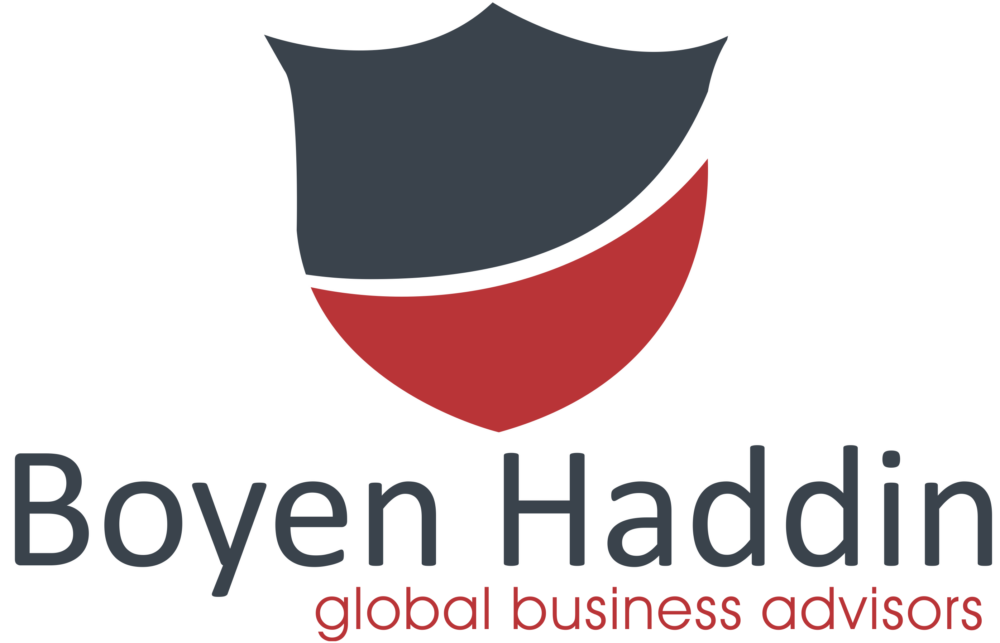The Role of Diversity, Equity, and Inclusion in Leadership Hiring
Diversity, equity, and inclusion (DEI) play a critical role in leadership hiring and are increasingly recognized as essential components of successful organizations. Here’s why DEI matters in leadership recruitment:
1. Diverse Perspectives Lead to Better Decision-Making: Diverse leadership teams bring a variety of perspectives and experiences to the table, which can lead to more innovative and well-rounded decision-making.
2. Enhanced Problem-Solving: A diverse leadership team can tackle complex problems more effectively by considering a wider range of viewpoints and solutions.
3. Improved Employee Engagement and Retention: Inclusive leadership fosters a sense of belonging among employees, increasing engagement and reducing turnover.
4. Better Understanding of Customer Base: Diverse leadership helps organizations better understand and connect with a diverse customer base, leading to improved market reach and customer satisfaction.
5. Attracting Top Talent: Organizations that prioritize DEI in leadership are more attractive to top talent, including individuals from underrepresented groups.
6. Legal and Ethical Considerations: Many jurisdictions have laws and regulations promoting diversity and non-discrimination in hiring. Ethically, it’s important to ensure fairness and equal opportunity for all.
7. Reputation and Brand Enhancement: Organizations that are committed to DEI are seen as socially responsible and can enhance their reputation and brand image.
Here are strategies for incorporating DEI into leadership hiring:
1. Remove Bias from the Recruitment Process: Use blind recruitment techniques, structured interviews, and diverse hiring panels to reduce unconscious bias.
2. Broaden Candidate Sourcing: Cast a wide net when sourcing candidates to attract a diverse pool of applicants.
3. Inclusive Job Descriptions: Use inclusive language in job descriptions and requirements to appeal to a broader audience.
4. Diverse Hiring Panels: Include diverse panel members in the interview process to assess candidates fairly.
5. Mentorship and Sponsorship Programs: Implement mentorship and sponsorship programs to support the development and advancement of underrepresented employees.
6. Training and Education: Provide training to hiring managers and leadership teams on DEI topics, unconscious bias, and inclusive leadership.
7. Measurable Goals and Accountability: Set clear diversity goals for leadership positions and hold leaders accountable for achieving them.
8. Internal Promotion and Succession Planning: Identify and develop internal talent from diverse backgrounds for leadership roles.
9. Transparent and Inclusive Culture: Foster an organizational culture that values DEI and promotes inclusion at all levels.
10. Regular Assessment and Feedback: – Continuously assess and refine DEI efforts in leadership hiring through feedback and data analysis.
Leadership hiring is a powerful lever for creating a more diverse and inclusive workplace, and it’s crucial for organizations to make a conscious effort to prioritize DEI in their hiring practices. When done effectively, DEI can lead to more innovative, engaged, and successful leadership teams.


